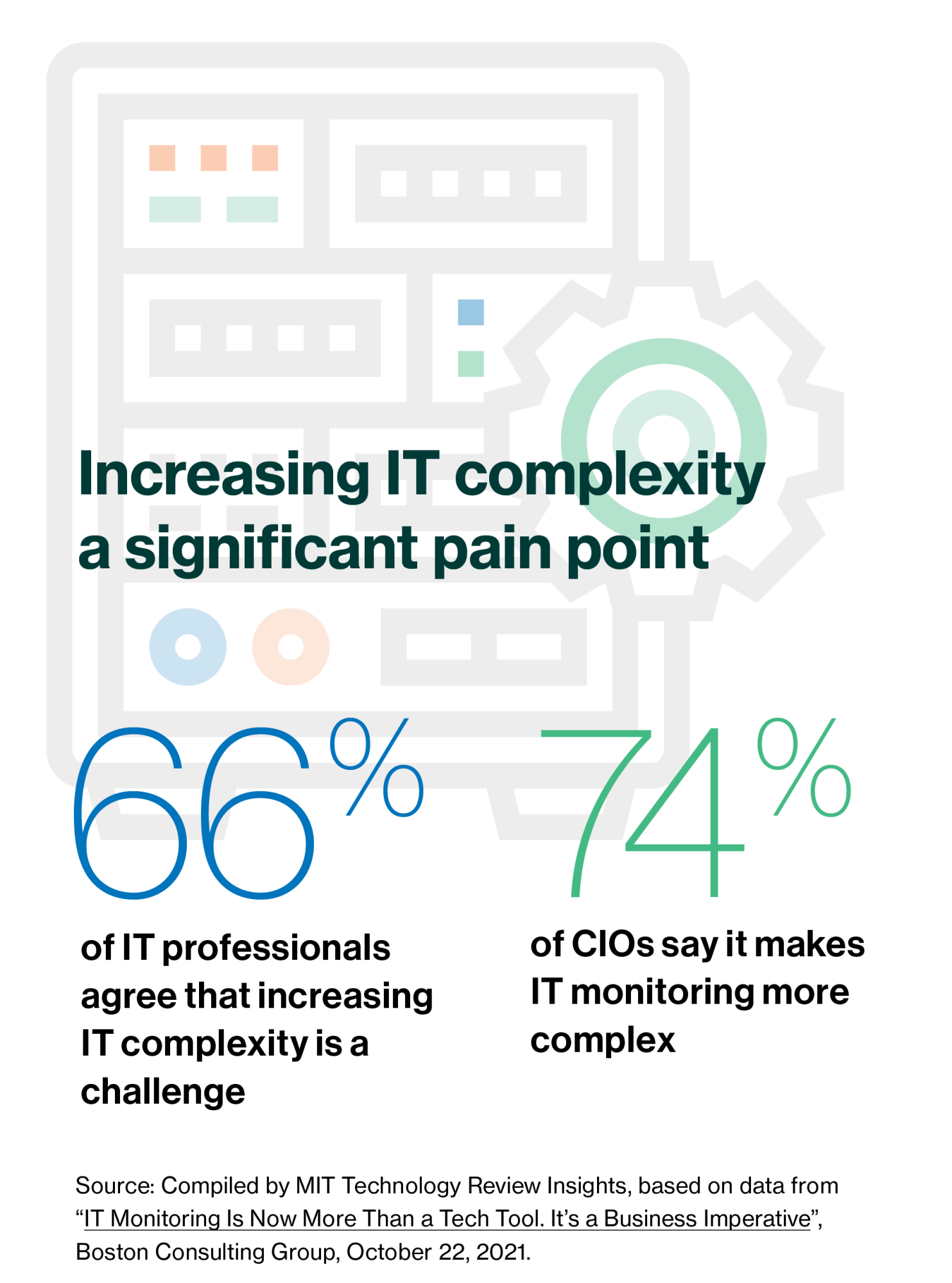Those reputable standard IT systems, nevertheless, can no longer be considered given. Business are accelerating their digital improvement efforts, automating, enhancing, and transforming their company procedures. The speed of modification continues to speed up: Deloitte reports, for instance, that 58% of companies have actually stepped up their modernization strategies due to the covid-19 pandemic.

Lots of ERP apps are now being transferred to public cloud services, such as AWS, Azure, or Google Cloud, while others are being changed with SaaS-based options, consisting of Salesforce and Workday. The formerly monolithic ERP platform is being deconstructed.
Enterprises now discover themselves with a mixed-bag, hybrid cloud environment: some tradition core applications stay on facilities, while brand-new applications are cloud native and run in containers or as microservices.
This brand-new ERP landscape is more dispersed and more complicated than ever previously. And failure to successfully keep track of these ERP apps might lead to company interruptions that can cost the business a lot. Shawn Windle, creator and handling principal at ERP Advisers Group, puts it candidly: “The intrinsic worth of these systems is that they run business. Without these apps, you do not have a company.”
This material was produced by Insights, the customized material arm of MIT Innovation Evaluation. It was not composed by MIT Innovation Evaluation’s editorial personnel.